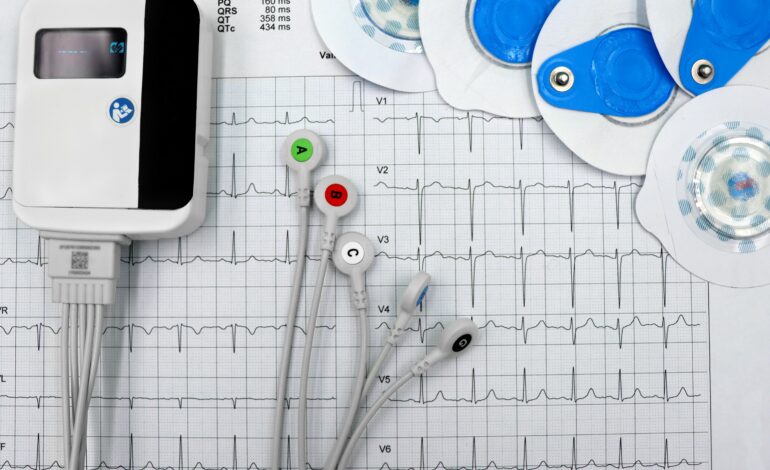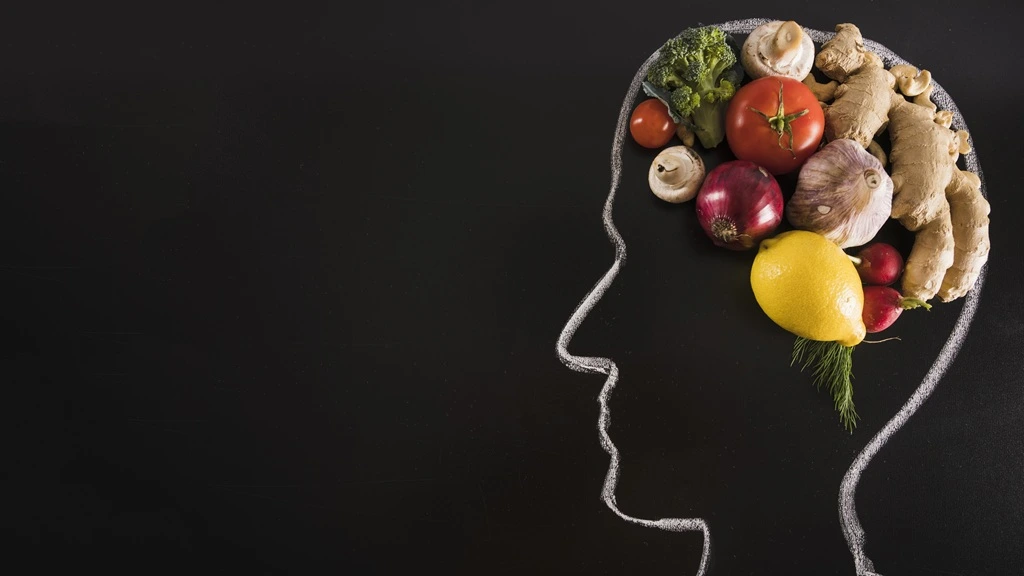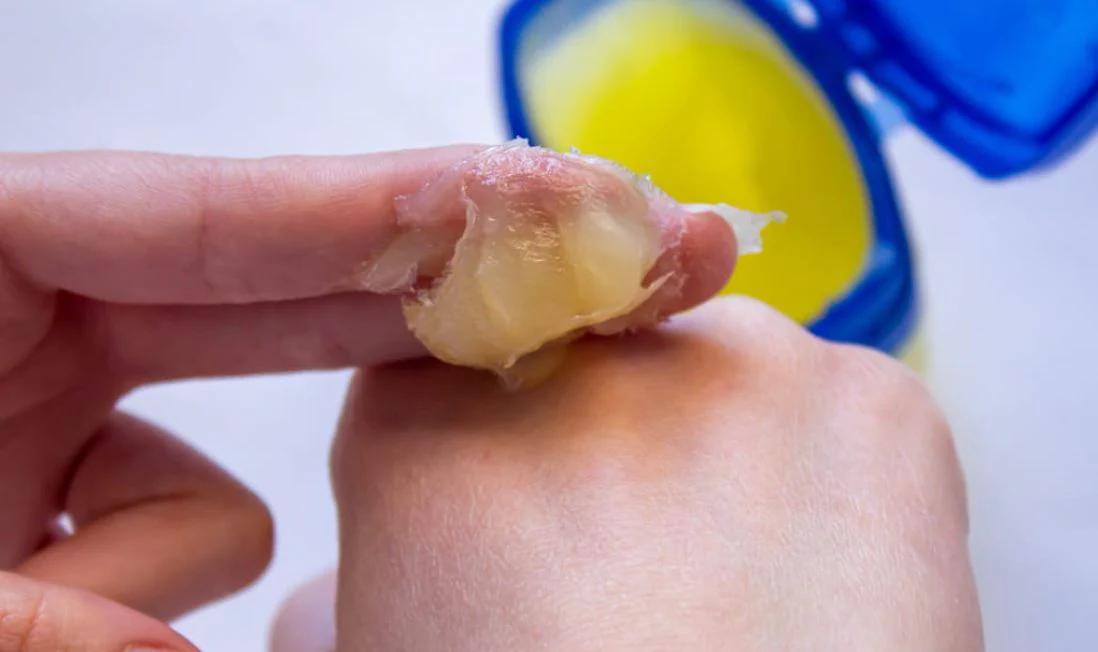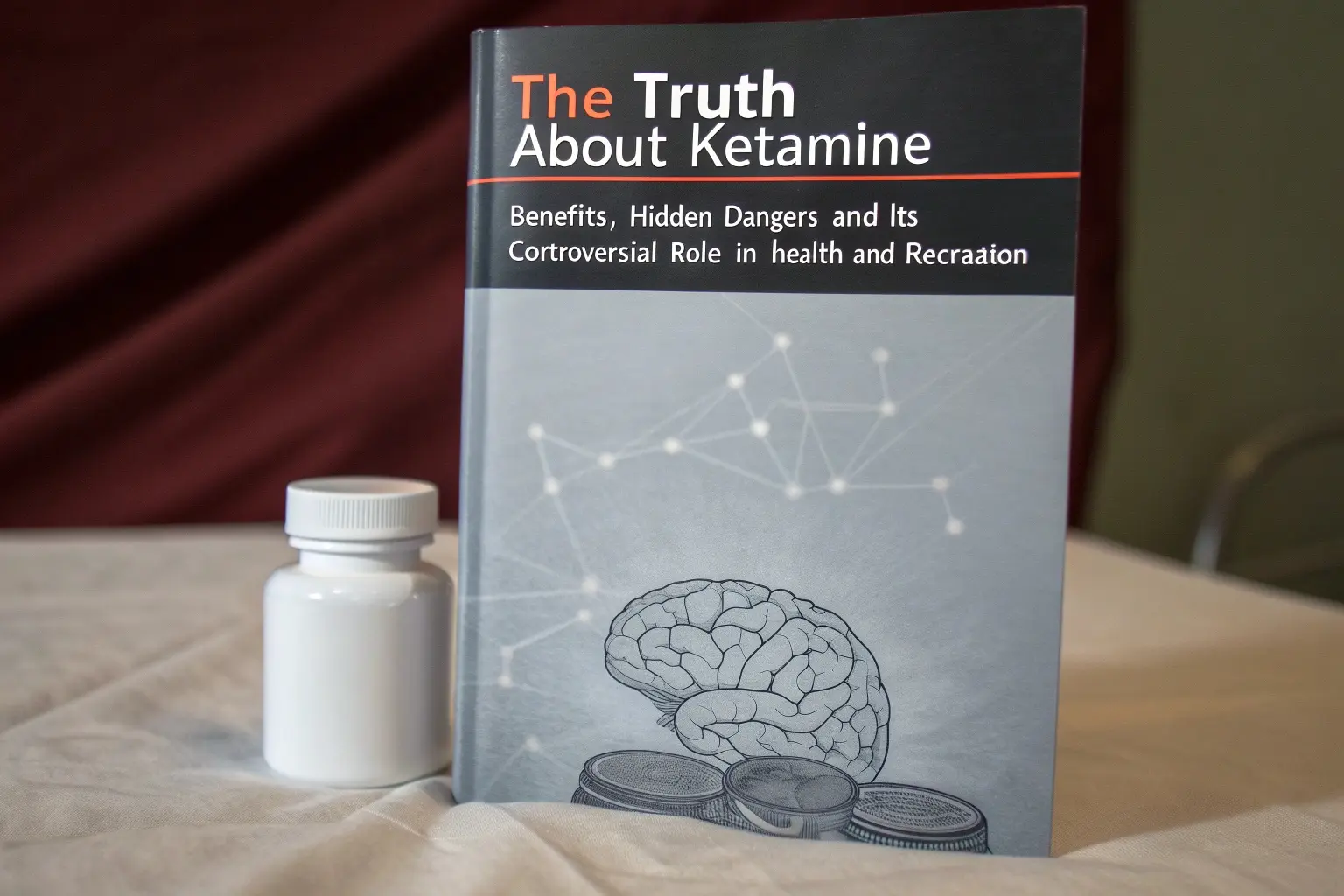Heart Disease Doesn’t Treat Us All the Same—Here’s What I’ve Learned as a Mixed Black Woman
Just a few years older than me — had a heart attack after months of being told her symptoms were “just anxiety.”Until I started feeling off: tightness in my chest,

Just a few years older than me — had a heart attack after months of being told her symptoms were “just anxiety.”
Until I started feeling off: tightness in my chest, shortness of breath, and a fatigue that sleep couldn’t fix.
Until I began researching and came face-to-face with a fact that still shakes me:
Black women are more likely to die from heart disease than any other group of women in America.
That’s not a statistic. That’s a reality. And one I no longer ignore.
How Does Heart Disease Affect Women Differently?
Heart disease is the leading cause of death for women in the U.S., regardless of race. But Black and Brown women face a deadlier curve — and not because our biology is broken. It’s because our healthcare system isn’t built for us.
Here’s what we’re up against:
- Black women are nearly 60% more likely to have high blood pressure than white women.
- Latina women are more likely to be physically inactive and have poorly managed blood sugar, two major heart risks.
- Indigenous and Native American women face some of the highest rates of heart-related death due to underdiagnosis and lack of culturally appropriate care.
- And Asian American women, often excluded from these discussions, are experiencing rising rates of diabetes and stroke due to overlooked symptoms and diet misunderstandings.
We’re also less likely to be taken seriously when we report symptoms. And it’s killing us.

What Are the Symptoms of Heart Disease in Women of Color?
When heart disease shows up in women — especially Black and Brown women — it often looks like:
- Shortness of breath (even when resting)
- Extreme fatigue
- Back or jaw pain
- Nausea or dizziness
- Mild chest discomfort — not the “Hollywood” heart attack pain
Recognizing the variety of heart attack symptoms in women is crucial because they often differ from the classic signs many people expect.
Many of us write it off as stress, overwork, or hormonal. And sometimes, so do our doctors.
That’s why I started demanding more. More lab work. More time with my provider. More accountability from myself.
How Can Black Women Protect Their Heart Health?
Changing how I eat, move, rest, and show up for my health didn’t happen overnight. It happened out of necessity.
1. I Advocate Loudly — Even When It’s Uncomfortable
I bring up family history. I ask for full lipid panels, inflammatory markers like hs-CRP, and heart-specific labs like Lipoprotein(a) and ApoB. Many doctors don’t offer these unless you request them.
2. I Eat to Lower Inflammation
That means:
- More fiber (beans, greens, berries)
- Omega-3s from salmon, walnuts, and flax
- Limiting sugar and processed oils
- Cooking with spices like turmeric, garlic, and ginger — ingredients that have been in my culture’s kitchens for generations
3. I Move My Body in Joyful Ways
Dancing, walking, lifting weights — it doesn’t have to be punishment. Just consistency.
4. I Manage Stress Like My Life Depends On It — Because It Does
The emotional labor so many women of color carry — caring for everyone else, code-switching, surviving bias — is invisible but heavy. And it shows up in our blood pressure.
I now meditate, journal, unplug, and say “no” without guilt. It’s radical self-care, and it’s cardiovascular care.
Read About: Hypertension and Pregnancy: What Every Woman Deserves to Know Before It’s Too Late
What Needs to Change — Systemically
This isn’t just about personal choices. It’s also about institutional accountability.
We need:
- Better access to preventative care in Black and Brown communities
- Culturally competent doctors who understand the ways our symptoms may differ
- More inclusion in clinical research — because the data drives the care
- Health campaigns that speak our language, not just in translation, but in truth
At Ravoke, we believe your zip code shouldn’t predict your heart health. Neither should your skin color.
Final Thought
Heart disease doesn’t discriminate biologically. But the systems around it do. Awareness and early action are especially important when it comes to heart disease in women of color.
If you’ve ever been told “you’re fine” when you felt something was off — don’t let that be the end of the conversation.
If your mother, auntie, or sister has high blood pressure — let that be your wake-up call.
If you’re tired, foggy, breathless, or “just stressed” — don’t wait.
Your heart is not just beating for you.
It’s beating for the legacy you carry. The stories in your DNA. The women who came before you — and the ones watching now.
Take care of it like it matters. Because it does.
With heart








